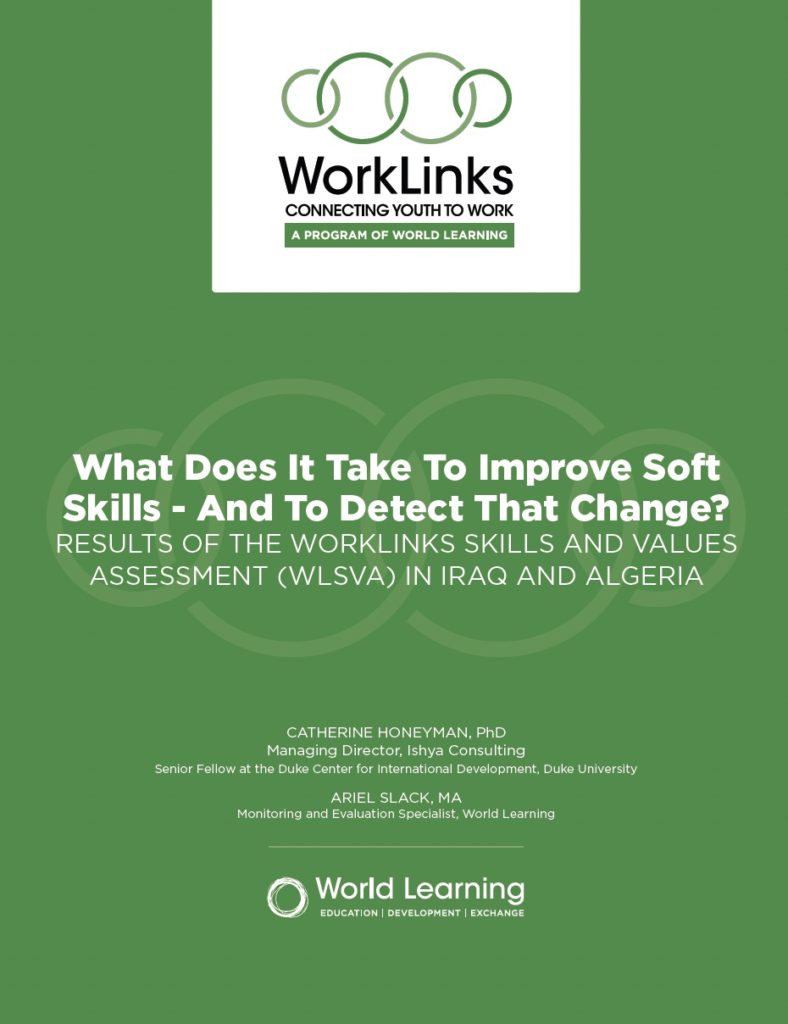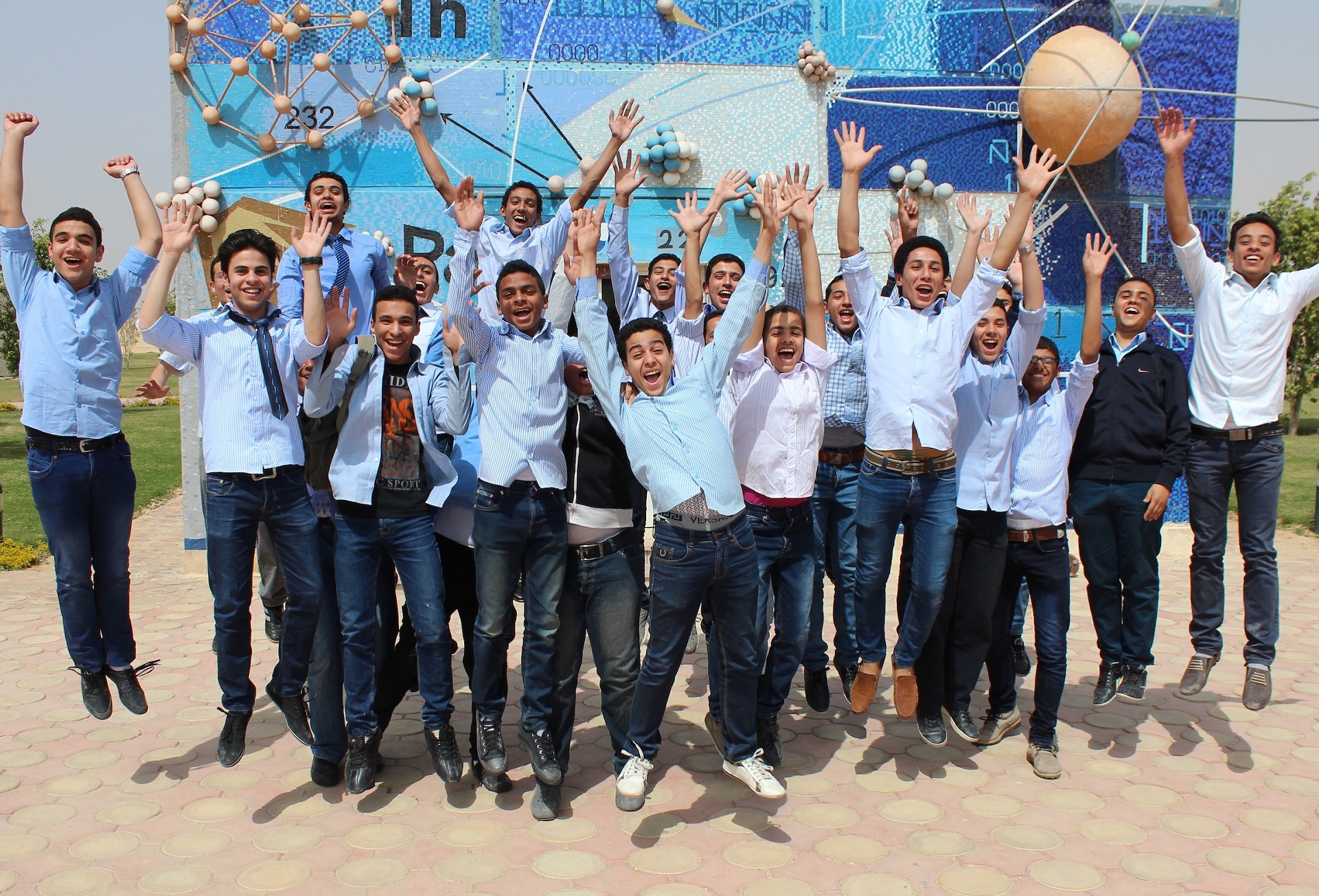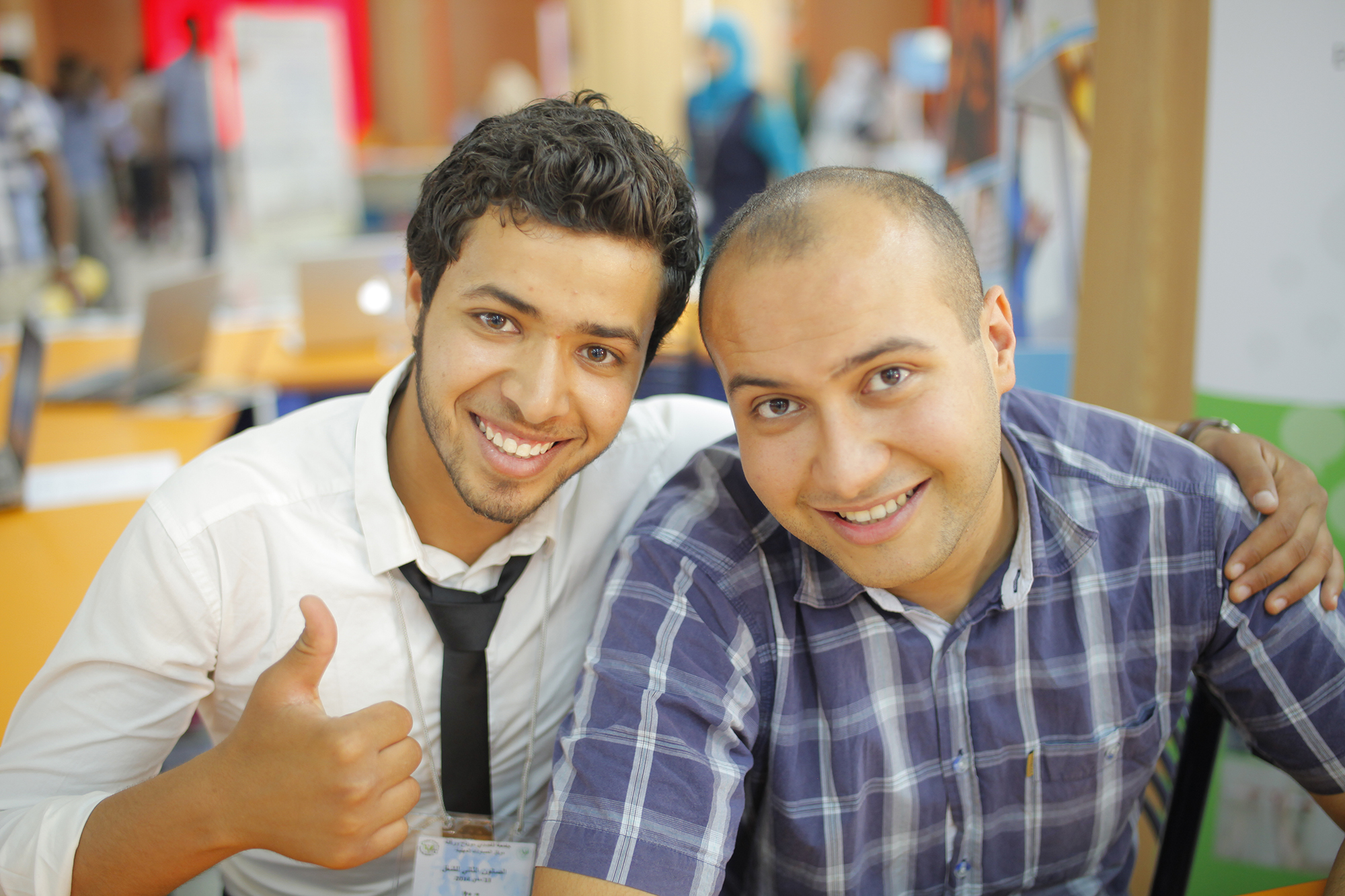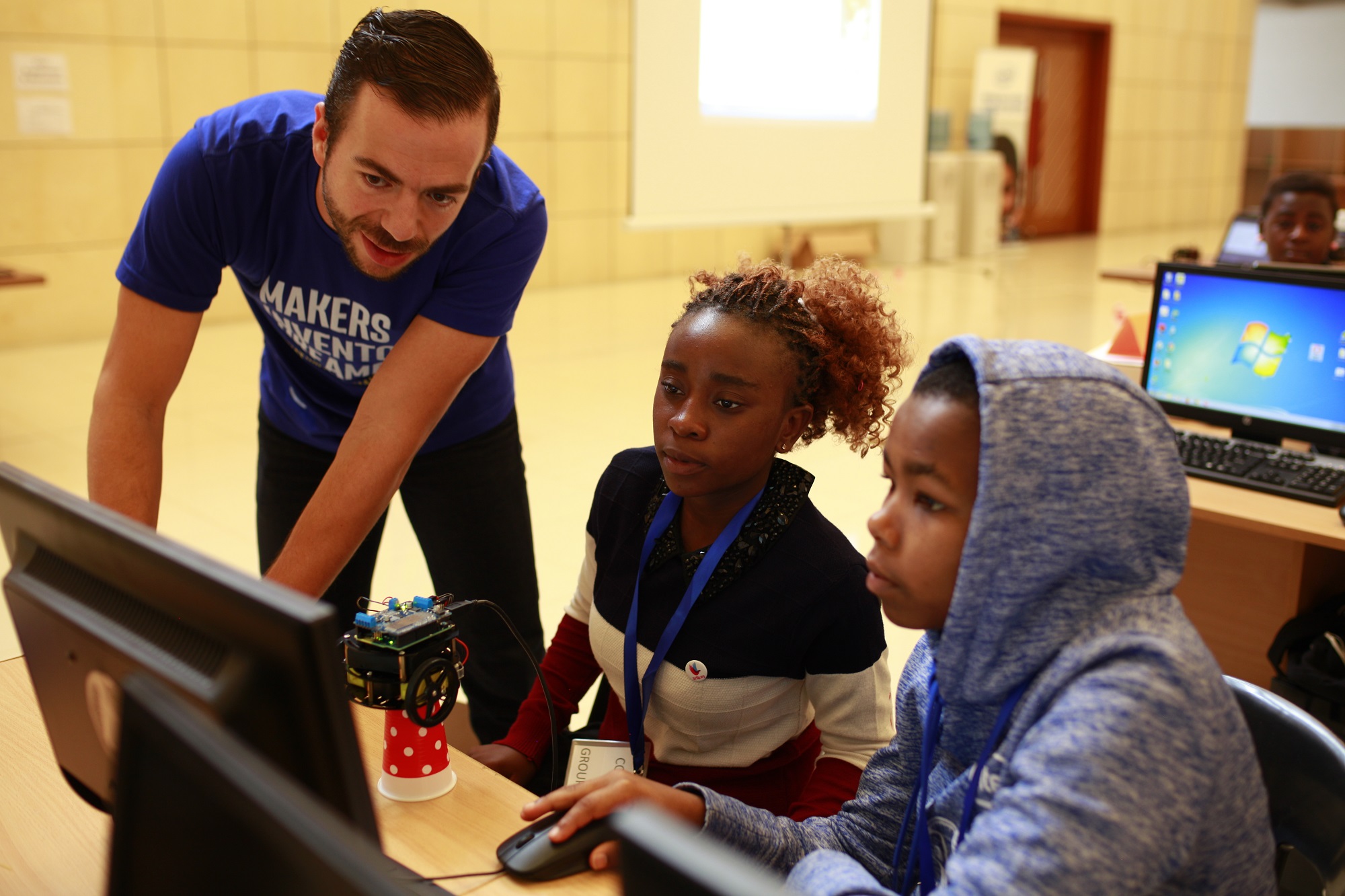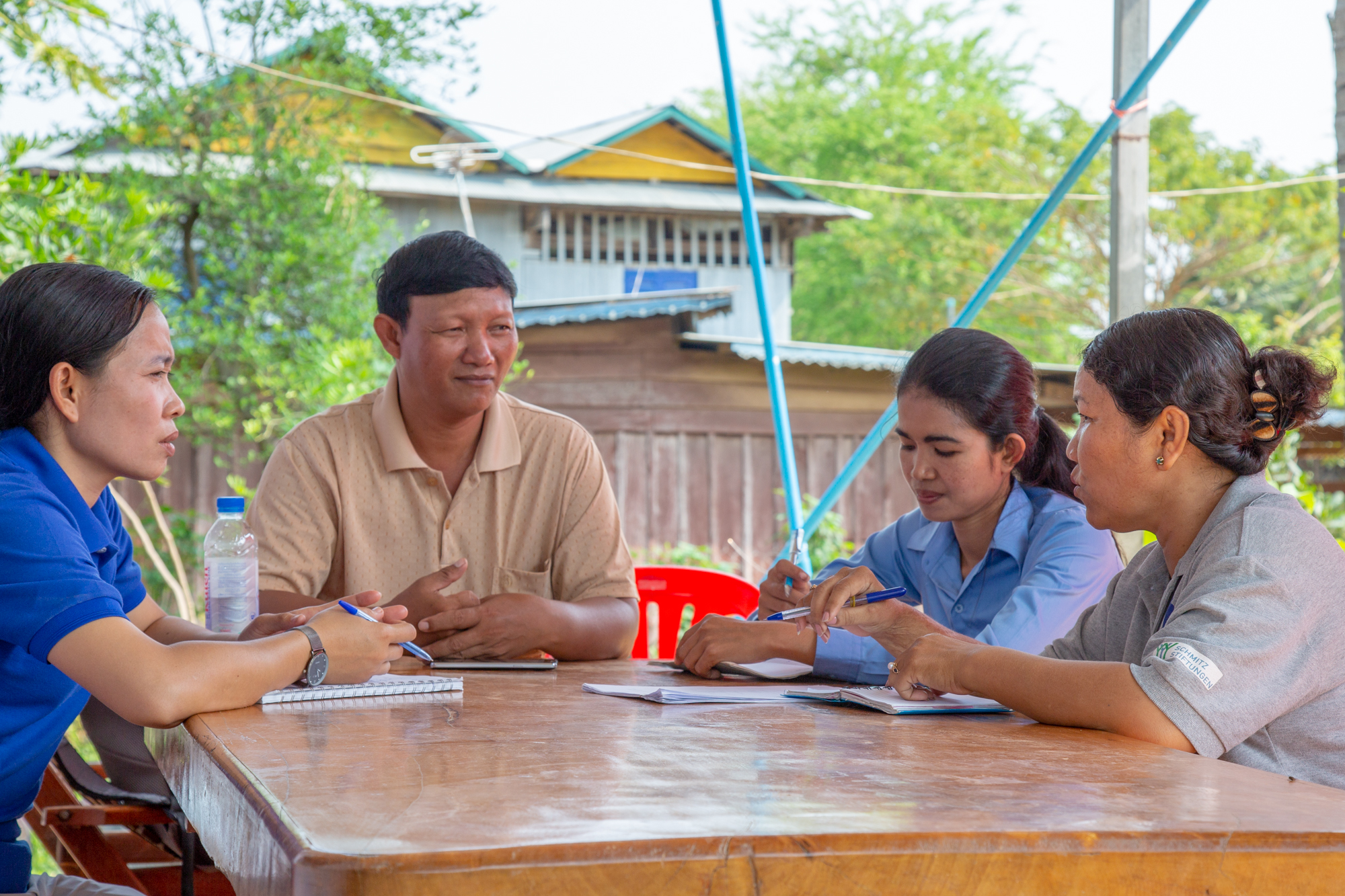World Learning’s Monitoring, Evaluation, Research, and Learning (MERL) team excels in conducting advanced and innovative approaches to monitoring and evaluation.
Because we understand that program design and implementation is a complex undertaking that takes place in complex environments, our team always uses a systematic process to capture, analyze, and share programmatic data.
Our tailored approach relies upon close collaboration and effective communication to address all stakeholder needs so that we ensure our work is highly effective and impactful.
We have extensive experience in designing evaluation frameworks under USAID and other donor-funded programs and have a vanguard approach to assessing the success of new educational programs.
Examples of World Learning’s MERL capabilities include:
- Developing and running the monitoring and evaluation systems for the USAID Transforming Higher Educations Systems program in Malawi, a multiyear initiative involving several university and private sector partners
- Specializing in the use of the MODE Framework developed by the U.S. Department of State’s Bureau of Educational and Cultural Affairs
- Implementing a randomized control trial to determine the effectiveness of a new high-school economics curriculum for the USAID Youth Employment Skills program in Uzbekistan, the first time such an approach has been used for a USAID-funded initiative
